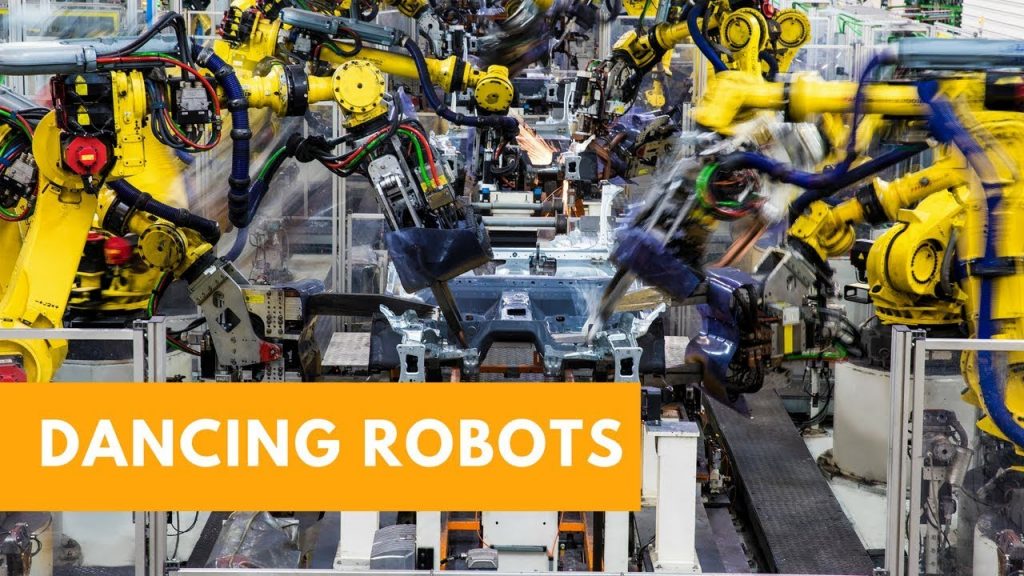Check out the leading manufacturer for a professional coil packing solution here:
Martorell, Spain, May 10, 2018 — SEAT, a renowned Spanish car manufacturer, has recently released new video footage showcasing their innovative use of robotics in metal manufacturing. This video provides a fascinating glimpse into the world of robotic manufacturing and highlights the role of KUKA Robots in building SEAT cars. In this article, we will delve into the realm of Robotic Manufacturing and explore the impact of Industry 4.0 on the manufacturing sector.
Robotic Manufacturing has revolutionized the way companies produce goods, enhancing efficiency and precision in the process. SEAT's adoption of robotic technologies exemplifies their commitment to staying at the forefront of manufacturing innovation. The video demonstrates how robots seamlessly integrate into the production line, working alongside human operators to create high-quality vehicles.
Industry 4.0, also known as the Fourth Industrial Revolution, refers to the integration of advanced technologies into manufacturing processes. It encompasses the use of robotics, artificial intelligence, and the Internet of Things (IoT) to optimize production and drive efficiency. SEAT's embrace of Industry 4.0 principles is evident in their utilization of robotic manufacturing techniques. By combining human expertise with robotic precision, SEAT is able to deliver exceptional vehicles to their customers.
KUKA Robots play a pivotal role in SEAT's manufacturing process. These state-of-the-art robots are equipped with advanced sensors and programming capabilities, allowing them to perform intricate tasks with utmost precision. The video showcases how KUKA Robots effortlessly handle metal sheets, weld components, and assemble car parts. Their agility and accuracy contribute to the overall quality and reliability of SEAT cars.
The integration of robotics in manufacturing has numerous advantages. Firstly, it increases productivity by reducing cycle times and improving process efficiency. Robots can work tirelessly, 24/7, without the need for breaks or rest, resulting in higher output levels. Secondly, robotic manufacturing enhances product quality by minimizing human error and ensuring uniformity in production. The precise movements and measurements executed by robots lead to consistently high-quality end products.
Furthermore, robotic manufacturing promotes workplace safety by automating hazardous tasks. Robots can handle heavy objects, perform repetitive movements, and work in harsh environments, thus reducing the risk of accidents and injuries for human workers. This not only protects the well-being of employees but also contributes to a more sustainable and responsible manufacturing industry.
The video provides a captivating insight into the future of manufacturing. As robotic technologies continue to evolve, we can expect even greater integration of robots into various industries. Robotic Manufacturing is not limited to the automotive sector; it has applications in electronics, pharmaceuticals, food processing, and many more. The possibilities are endless, and the benefits are undeniable.
In conclusion, SEAT's use of robotic manufacturing techniques, particularly with the aid of KUKA Robots, showcases their commitment to innovation and excellence. The video offers a glimpse into the world of Industry 4.0 and highlights the transformative power of robotics in manufacturing processes. As we move forward, it is imperative for companies to embrace these advancements and leverage the potential of robotic manufacturing to drive their success in an increasingly competitive market.
Check out the leading manufacturer for a professional coil packing solution here: Industrial Robot
"Revolutionizing Manufacturing: Advanced Robotics in Industry 4.0 Transform SEAT Car Production"










